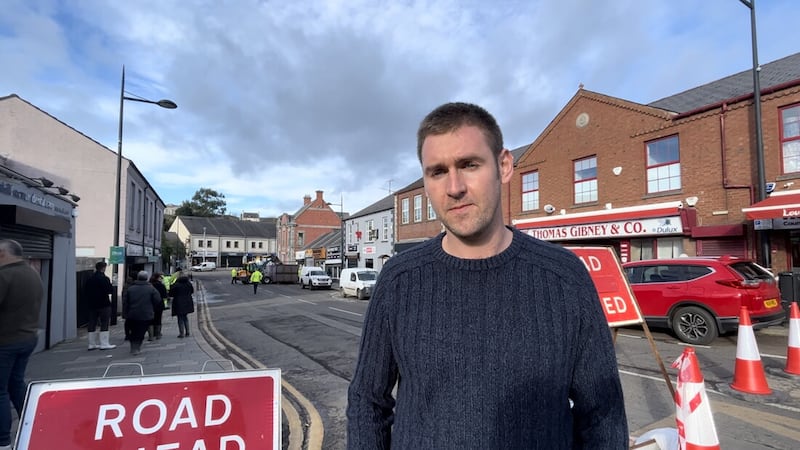The UDA's "close association with sectarian violence" dictated that British ministers should not meet members of the organisation even to discuss a recent document advocating power-sharing.
This is revealed in previous confidential files released in Belfast under the new `20-Year Rule'.
In January 1987, the UDA-linked Ulster Political Research Group, launched by the late John McMichael, issued its `Common Sense' document, advocating a power-sharing administration for Northern Ireland without an Irish dimension. The abandonment of the Anglo-Irish Agreement was made a pre-condition for such a development.
In an analysis of the document for the Secretary of State, Tom King, dated February 22, 1987, D C Kirk of the NIO recommended a cautious approach by ministers.
The official stressed that, although the document was formally issued by the UPRG, "we know this group to be part of the UDA and, in fact, the document is signed by all key members of the UDA".
He noted that following recent paramilitary attacks (the UFF had planted four bombs in Dublin in November, 1986), a UDA spokesman made it clear that the political initiative would not deter the UDA from pursuing their paramilitary campaign either in the Republic or in the north.
He went on: "The UDA has publicly acknowledged that the UFF (a proscribed organisation) is part of the organisation. This pursuit of a joint political/military approach therefore parallels Sinn Féin's support for the actions of the Provisional IRA."
On the issue of a ministerial meeting with the UDA, the official was unequivocal: "Given the UDA's close association with sectarian violence, ministers have always in the past refused to meet (the UDA or its various political affiliations).
"A meeting now would be widely misinterpreted by the minority community and by moderates as endorsing UDA activities."



